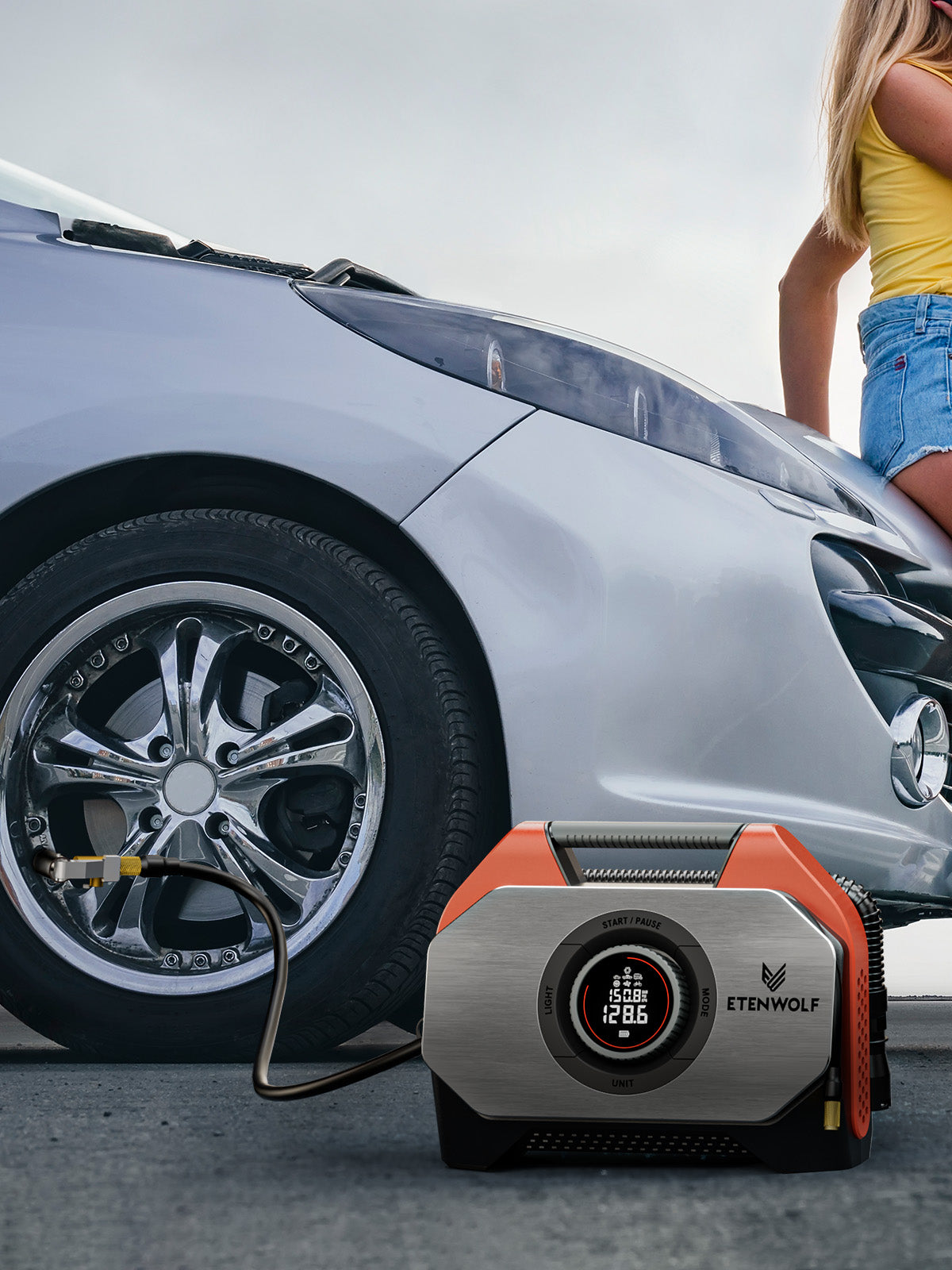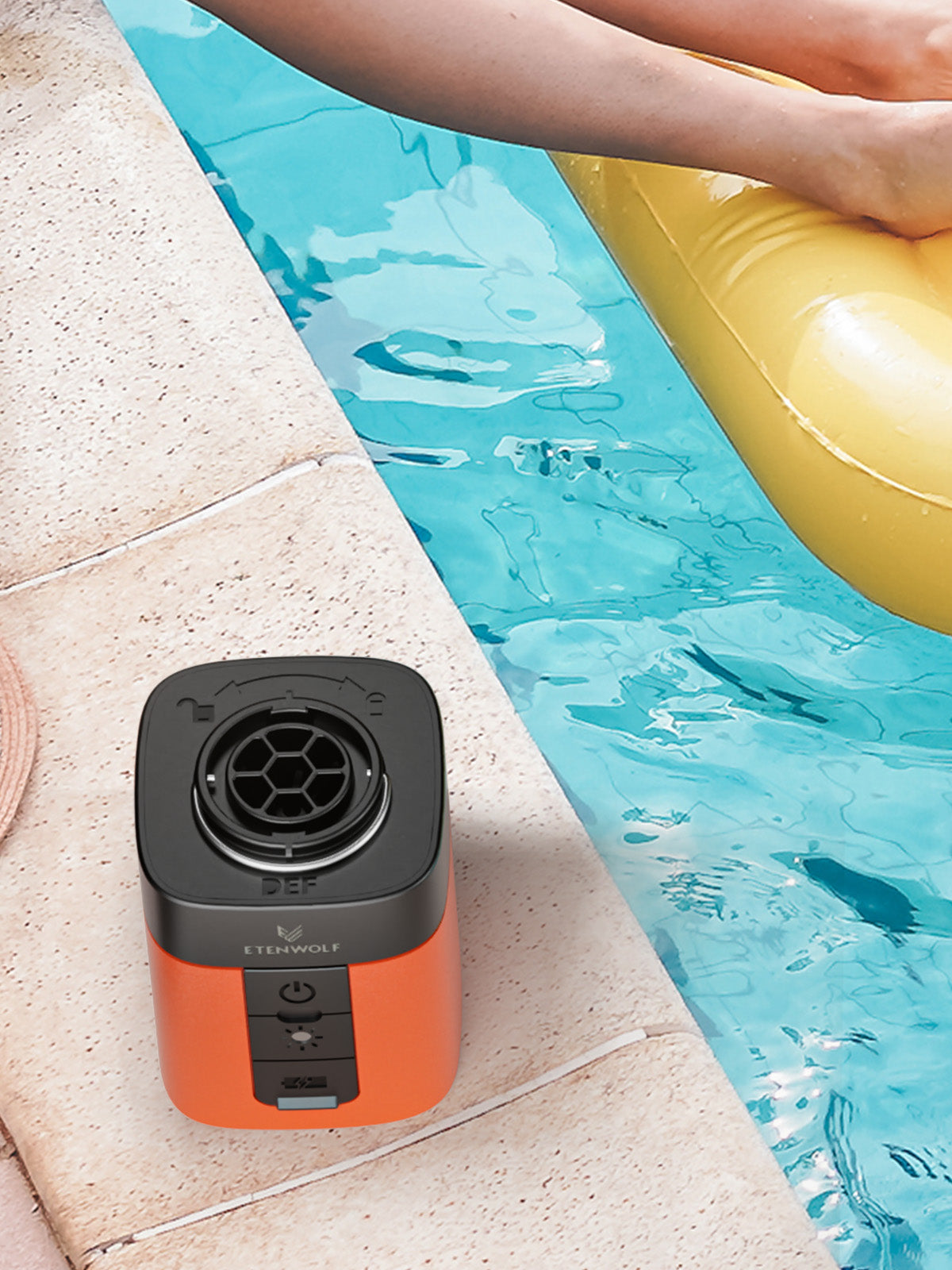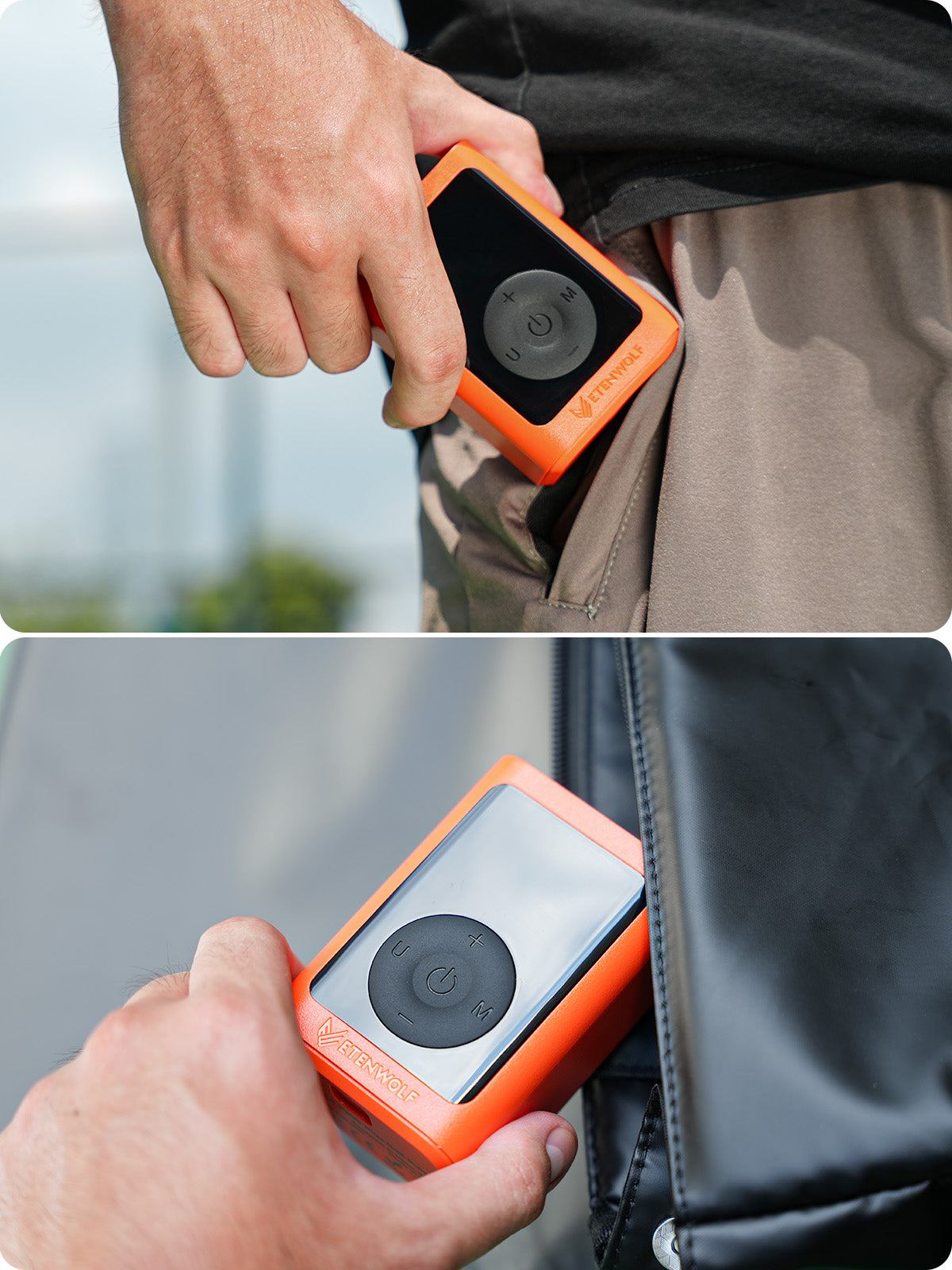Keeping your tires properly inflated is one of the simplest yet most important ways to ensure your vehicle's safety, performance, and fuel efficiency. Whether you're driving a car, riding a bike, or cruising in an SUV, maintaining the correct PSI (pounds per square inch) is crucial.
In this guide, we’ll break down why PSI matters, how to find the right tire pressure, what are the general PSI recommendations for various vehicles. Read more!
What is PSI and Why It Matters?
PSI (pounds per square inch) is a unit of pressure used to measure how much air is inside your tires. It’s a measure of the force exerted by the air inside the tire against its inner walls. In other parts of the world, tire pressure is sometimes measured in different units. For example, BAR is mostly used in Europe, and kPa (kilopascal) is common in places like Australia and Asia.
Here’s a quick conversion chart to keep it handy:
| Unit | Conversion | Example |
| PSI | - | 32 PSI |
| BAR | 1 bar = 14.5 PSI | 2.2 bar = 31.9 PSI |
| kPa | 1 kPa = 0.145 PSI | 220 kPa = 31.9 PSI |
How to Find the Correct PSI for Your Tires?
Here're some places where the recommended PSI for your tires is usually located in:
- Your vehicle's owner’s manual.
- A sticker inside the driver’s side door jamb
- Tire sidewalls
Recommended PSI for bikes, cars, SUVs, and more
Here’s a breakdown of what PSI levels are generally recommended for various vehicles:
| Vehicle Type | PSI Range |
| Bikes | 40-65 PSI (Road bikes) |
| 30-50 PSI (Mountain bikes) | |
| Passenger Cars | 30-35 PSI |
| SUVs & Trucks | 35-45 PSI |
| Motorcycles | 30-40 PSI |
| Performance Cars | 32-40 PSI |
| RVs/Trailers | 50-80 PSI |
- Bikes: PSI varies based on tire type. Road bikes need higher pressure (40-65 PSI), while mountain bikes require lower pressure (30-50 PSI) for better grip on rough terrain.
- Cars & SUVs: Most passenger vehicles and SUVs need between 30-35 PSI. For larger vehicles carrying heavy loads, this may increase.
- Special Considerations: Performance cars and certain other vehicles may need higher PSI for stability at higher speeds.
Adapting Tire Pressure Within Recommended PSI Range
Your tire pressure can change based on a few key factors you’ll want to keep an eye on.
Load: If you’re hauling extra passengers, heavy cargo, or towing a trailer, you need to inflate your tires to the higher PSI within the recommended range to maintain handling and avoid excessive wear.
Temperature: As temperatures drop, air in your tires contracts, lowering PSI. In colder months, check your tires more frequently and add air when necessary. Similarly, release excess air during hotter weather when PSI may rise. Always aim for the manufacturer’s recommended PSI to stay safe.
Why is Correct Tire Pressure So Important?
Impact on Safety
Under-inflated tires are more prone to overheating, which can lead to tire blowouts. On the flip side, over-inflated tires can cause a harsher ride, less grip, and increased risk of damage from potholes or debris. Proper PSI ensures maximum road contact, stable braking, and better handling.
Fuel Efficiency
Correct PSI = Better Mileage. Tires that are too low in pressure increase rolling resistance, which forces the engine to work harder and use more fuel. Properly inflated tires reduce fuel consumption and increase mileage.
Tire Longevity
When tires are inflated correctly, they wear more evenly. Over-inflated or under-inflated tires tend to wear down unevenly, reducing their lifespan and potentially costing you more in replacements.
Choose Etenwolf Portable Tire Inflator for Your PSI Maintenance
Maintaining the correct PSI can be easy peasy with an Etenwolf digital tire pump with gauge as they feature:
- Unmatched Precision: Etenwolf tire air pumps deliver accuracy within ±1 PSI, ensuring your tires are always at the optimal pressure for safety and performance.
- Powerful and Versatile: With up to 19,200mAh battery capacity and up to 160 PSI max pressure, Etenwolf inflators handle SUVs, trucks, cars, bikes, and even inflatables with ease.
- Built to Last: Designed with a 10-year motor lifespan, 100% duty cycle, and heavy-duty durability, Etenwolf tire pumps are reliable for long-term use.
Don’t wait until you have a flat—make tire maintenance a part of your regular routine and enjoy smoother, safer drives!
Get Your Etenwolf Tire Air Pump Portable Today!







Leave a comment
This site is protected by hCaptcha and the hCaptcha Privacy Policy and Terms of Service apply.